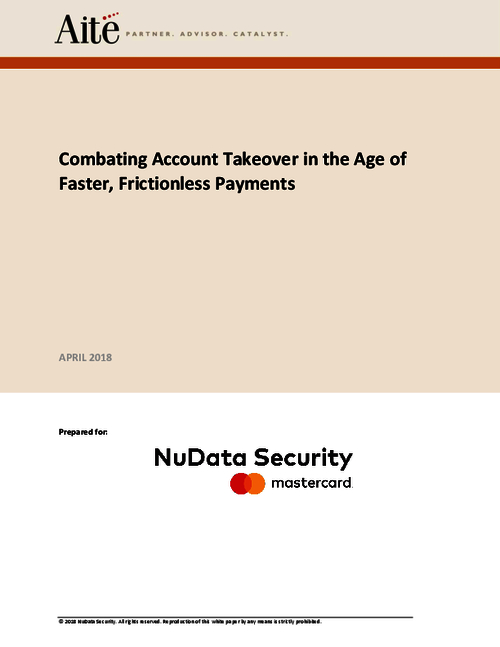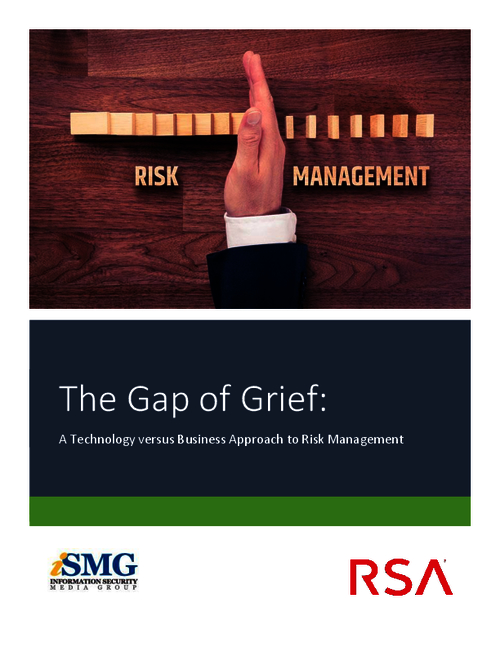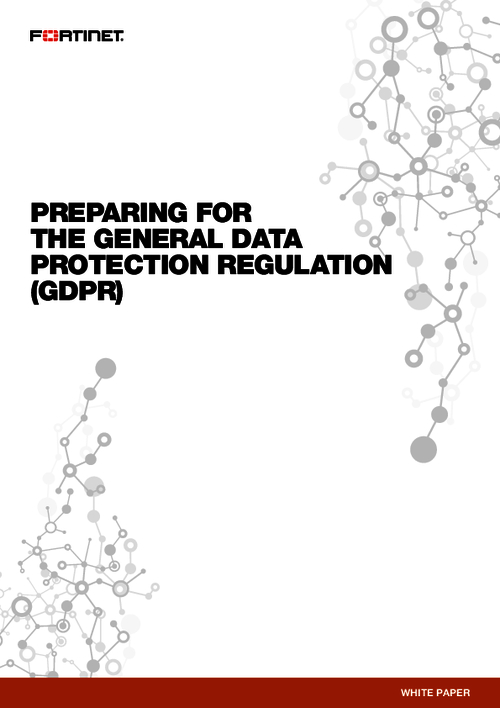Mortgage Mess: Feds Blame Banks
New Suit Targets 17 Banks for Improper Lending
In the suits, the FHFA alleges the banks violated federal securities laws, and in some cases committed common law fraud, when they sold more than $200 million in residential private-label mortgage-backed securities to Fannie and Freddie, prior to the 2008 economic meltdown. The complaints seek damages for negligent misrepresentation.
"The complaints filed today reflect FHFA's conclusion that some portion of the losses that Fannie Mae and Freddie Mac incurred on private-label mortgage-backed securities are attributable to misrepresentations and other improper actions by the firms and individuals named in these filings," the FHFA said in a Sept. 2 statement about the federal suits. "Based on our review, FHFA alleges that the loans had different and more risky characteristics than the descriptions contained in the marketing and sales materials provided to the enterprises [Fannie and Freddie] for those securities."
The following 17 institutions are named in the complaints:
- Ally Financial Inc. f/k/a GMAC, LLC
- Bank of America Corp.
- Barclays Bank PLC
- Citigroup Inc.
- Countrywide Financial Corp.
- Credit Suisse Holdings (USA) Inc.
- Deutsche Bank AG
- First Horizon National Corp.
- General Electric Company
- Goldman Sachs & Co.
- HSBC North America Holdings Inc.
- JPMorgan Chase & Co.
- Merrill Lynch & Co. / First Franklin Financial Corp.
- Morgan Stanley
- Nomura Holding America Inc.
- The Royal Bank of Scotland Group PLC
- Société Générale
Stunted Recovery?
The timing of the suits has already stirred debate, as many economists and industry experts speculate about whether the U.S. is on the verge of a double-dip recession. [See Market Collapse Worst Since '08.]Some banks, including BofA, already face legal fees associated with civil suits brought against them by private investors. With the FHFA's suits, they'll have to pay even more
"We're in the midst of an extended recession, and we're all hoping for a housing recovery," says L.T. Lafferty, a white-collar criminal defense attorney and former federal prosecutor who specializes in mortgage fraud and schemes. "There are some who question the timing, saying these regulators have gone along and sued these lenders, which will only stunt the housing recovery."
In January, Lafferty said the so-called "bust market" would continue to yield opportunity for high-dollar crimes, fueling more mortgage fraud. [See Mortgage Fraud Impact 'Staggering'.]
That continual growth in mortgage fraud, despite a collapse of the real estate market, has severely damaged investor and consumer confidence, he says. .
Many observers have criticized federal regulators, like the Federal Reserve, for not doing more to reel in mortgage lenders and banks that were brokering questionable loans. "Everyone from the Fed down knew about this and chose to let it go," Lafferty says. "As a result of that regulatory complacency, the market continues to be plagued with fraudulent activity."
Accountability and Guidelines
At their core, the suits allege banks did not follow their own lending and securities guidelines for verifying property values and information provided by borrowers.The only way investors are going to reinvest in real estate again is if they have confidence in the market, Lafferty says. And the way that is going to work is by holding the banks accountable.
The first step for banks going forward is making sure that they follow their own lending guidelines. They also should invest in technology that records and checks loan-to-value ratios, providing data that makes it easier in the future to pick up on fraud sooner. Most banks are already doing some of that, Lafferty says.
At the end of the day, these suits are more about promoting market stability through accountability, a painful yet progressive step for the industry.
"I think the lawsuits themselves are going to take years to resolve," Lafferty says. "But you're going to start seeing incremental restoration in investor confidence; and everyone is going to have a little faith in the market by the simple fact that the government filed the lawsuits. And then more and more confidence will build. The goal is, over the long haul, to establish a very stable market."




















